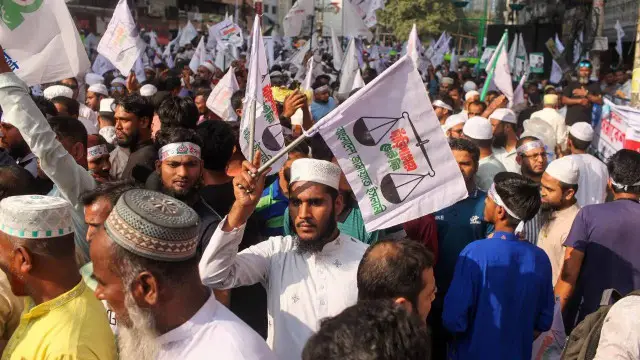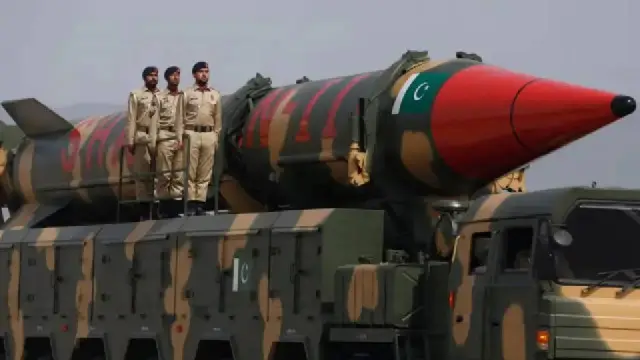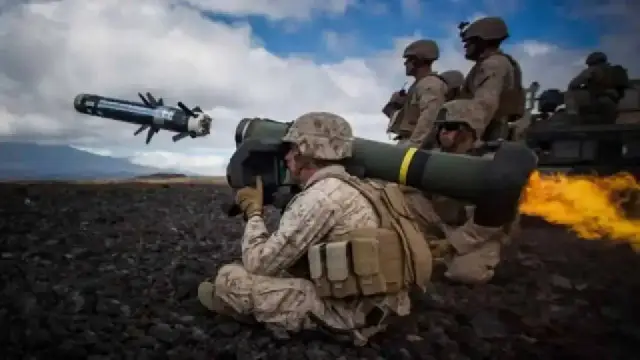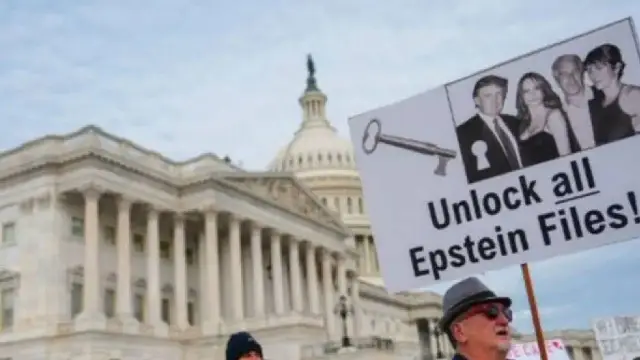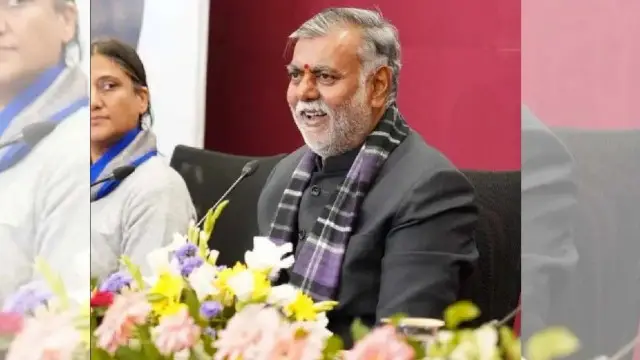Israel kills top Hezbollah commander Fuad Shukr in Beirut airstrike
The United States, a staunch ally of Israel, has expressed support for Israel's right to defend itself against Hezbollah threats. Meanwhile, Iran has condemned the airstrike, calling it an act of aggression and vowing to support Hezbollah in its response.

In a significant escalation of hostilities, Israel has announced that it has killed Fuad Shukr, a top Hezbollah commander, in a recent airstrike in Beirut. This development is likely to heighten tensions in the already volatile region and has far-reaching implications for Middle Eastern geopolitics.
The Airstrike
According to Israeli military sources, the airstrike targeted a high-profile Hezbollah meeting in Beirut. Fuad Shukr, a senior military figure within Hezbollah and a key strategist for the group, was confirmed to be among the casualties. Shukr was considered one of the most influential commanders in Hezbollah, with a long history of involvement in significant operations.
Hezbollah's Response
Hezbollah has yet to issue an official statement confirming Shukr's death. However, sources close to the organization have indicated that the group is likely to retaliate. The assassination of such a high-ranking commander is seen as a major provocation and could lead to a serious escalation of conflict between Hezbollah and Israel.
The killing of Fuad Shukr could have wide-ranging consequences for the region. Hezbollah, backed by Iran, has been a significant player in Lebanese politics and the Syrian conflict. Shukr's death is expected to impact Hezbollah's strategic operations and could potentially disrupt its influence in the region. Israel's aggressive stance and willingness to carry out targeted killings may also embolden other actors in the region to take similar actions, increasing the risk of broader conflict.
Historical Context
Fuad Shukr has been a prominent figure within Hezbollah for decades. He played a crucial role in the 1983 Beirut barracks bombings, which killed 241 U.S. service members and 58 French paratroopers. Shukr's military expertise and strategic acumen made him a vital asset to Hezbollah, and his loss represents a significant blow to the organization. The international community is closely monitoring the situation. The United States, a staunch ally of Israel, has expressed support for Israel's right to defend itself against Hezbollah's threats. Meanwhile, Iran has condemned the airstrike, calling it an act of aggression and vowing to support Hezbollah in its response.
As tensions rise, it is crucial for the international community to engage in diplomatic efforts to de-escalate the situation. The killing of Fuad Shukr, while a significant tactical victory for Israel, could lead to a cycle of retaliation and violence that would destabilize the region further. Stakeholders must work towards a peaceful resolution and avoid actions that could trigger a wider conflict.




